By Jim Cawkwell
The story of Kelly Pavlik’s rise to prominence told of a talented kid, not groomed for stardom, but one that succeeded because he worked hard and fought harder. Pavlik’s surge to the middleweight title from such unlikely beginnings in Youngstown embodied the struggle of thousands, while HBO and the media ran with the blue collar kid becomes a star angle at every opportunity. Before he knew it, Pavlik had to deal with not only being a champion, but the whole new world of obligations that are part of the territory of the overnight sensation.
Pavlik’s fighting style made the drama so much more compelling. He had an excellent jab and a concussive right hand considered by some for a short time as lethal punch for punch as the straight left of Manny Pacquiao. No defensive genius, Pavlik was there to be hit, but he was still there after being hit, and on his way to the top, anybody that stood with him did not stand for very long.
Keen to epitomize the imperial middleweight ruler, Jermain Taylor struggled with his identity as a fighter by dampening his aggressive instincts while trying to become a more thoughtful, well-rounded operator. All that accomplished was the stagnation of Taylor’s career and made fights against game and awkward but lesser challengers’ harder work than necessary.
Pavlik scythed through Taylor’s waning reign, though not without having to prove his courage. Even the experience of being on the canvas early against Taylor brought out yet more things to like about Pavlik. He proved that he could get up and win, and showed his humility after the fight when asked what went through his mind when knocked down by Taylor; the new champion made no excuses, simply saying he thought the obvious: “shit.” Pavlik was just one of the guys; he didn’t even look much like a fighter, didn’t talk himself up too much and kept the same tight, family based crew around him.
In the immediate rematch with Taylor, Pavlik re-affirmed himself as the real thing. Taylor returned with the purpose of avenging his only loss and looked every bit the dynamic fighter he failed to become as champion. But Pavlik never lost control of the second fight, deserved the decision and seemed to be establishing himself as an important part of the fight game’s future.
That was – as has so often been the case in recent boxing history – until the interjection of Bernard Hopkins. The loss to Hopkins and the subsequent defeat to Sergio Martinez tell us that Pavlik belonged on a plateau just beneath the true elite fighters of his day. Though Pavlik never lost the middleweight title to Hopkins, he only managed to defend it against a mediocre lot, and the comeback wins after his loss to Martinez were also against uninspiring challenges. There were only ever whispers of Pavlik ascending to challenge for the championship status he once took in such thrilling style.
The losses and injuries happen to all fighters, but somewhere along the road, Pavlik lost his way. He started over-indulging his new lifestyle and abusing alcohol. He upset his fervent local supporters by cancelling a fight in his hometown while rejecting what he perceived as an insulting offer to fight then undefeated champion Lucian Bute. The media and the public turned on Pavlik as he parlayed simple misfortune into the epic derailment of a great career.
All of a sudden it seemed that every one of Pavlik’s missteps – public or private – ended up all over the internet. There was the cancellation of his fights, but also the domestic violence incidents, then the split from his lifelong trainer Jack Loew. All these were signs of a fighter not only disenchanted with the boxing business but when news came that Pavlik checked himself into rehab for alcohol addiction, it seemed that not only was Pavlik’s career finished, but perhaps his downward spiral might end in yet another needless tragedy.
Even if surrounded by the most devoted team, a fighter’s mind can stray. They toil together for the ultimate goal of glory, so much so that the struggle becomes routine. But what happens when the mission is accomplished and the temptations of success are as real as the hits it took to get there?
Today, Pavlik’s story is one of momentous highs and depressing lows. He can be satisfied with what he achieved and cannot be faulted for wanting to leave this dirty business behind before it breaks him as it has so many. However, it must be said that the legacy he leaves is one of a good fighter, not a great one. Even now it is safe to assume Pavlik a live challenger for any of the top super middleweights. And if he were to reconsider his position, he is young enough to come again, and few would refuse the chance to see Pavlik against Carl Froch, Mikkel Kessler or Bute.
But it seems that the boxing business has beaten all of the aforementioned fighters to the punch. There was a time not long ago that Pavlik seemed certain to play a huge role on the world stage in the sport he took up as a nine-year-old boy. Boxing will move on as it always does, but one wonders how easily Pavlik will move on without it.
Jim Cawkwell can be reached at [email protected]



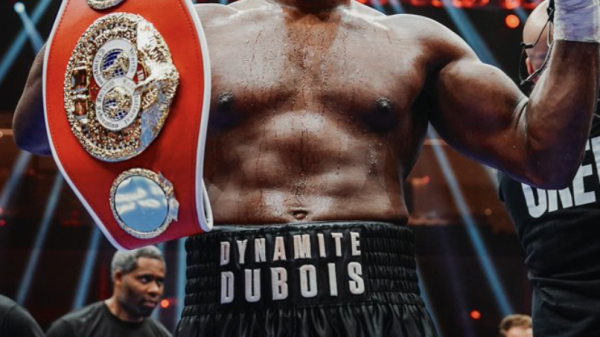
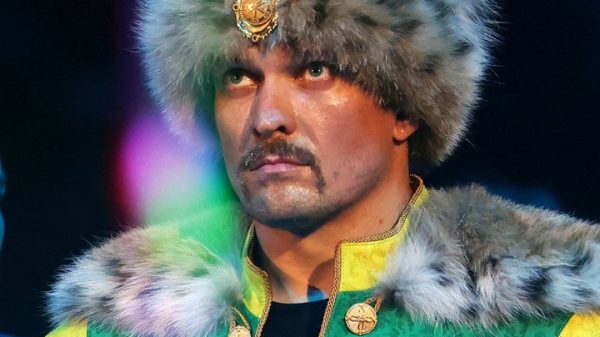
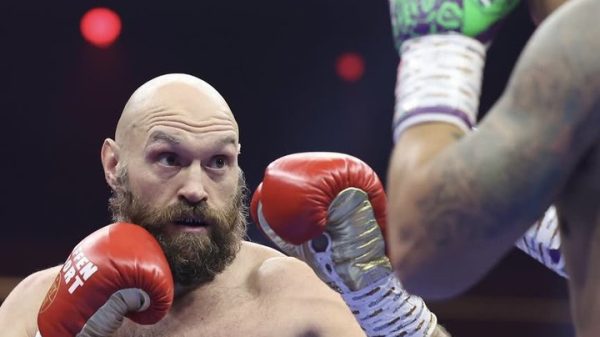
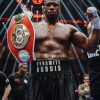

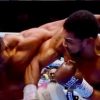
ieyiqhulpk
11/18/2024 at 3:50 am
Muchas gracias. ?Como puedo iniciar sesion?